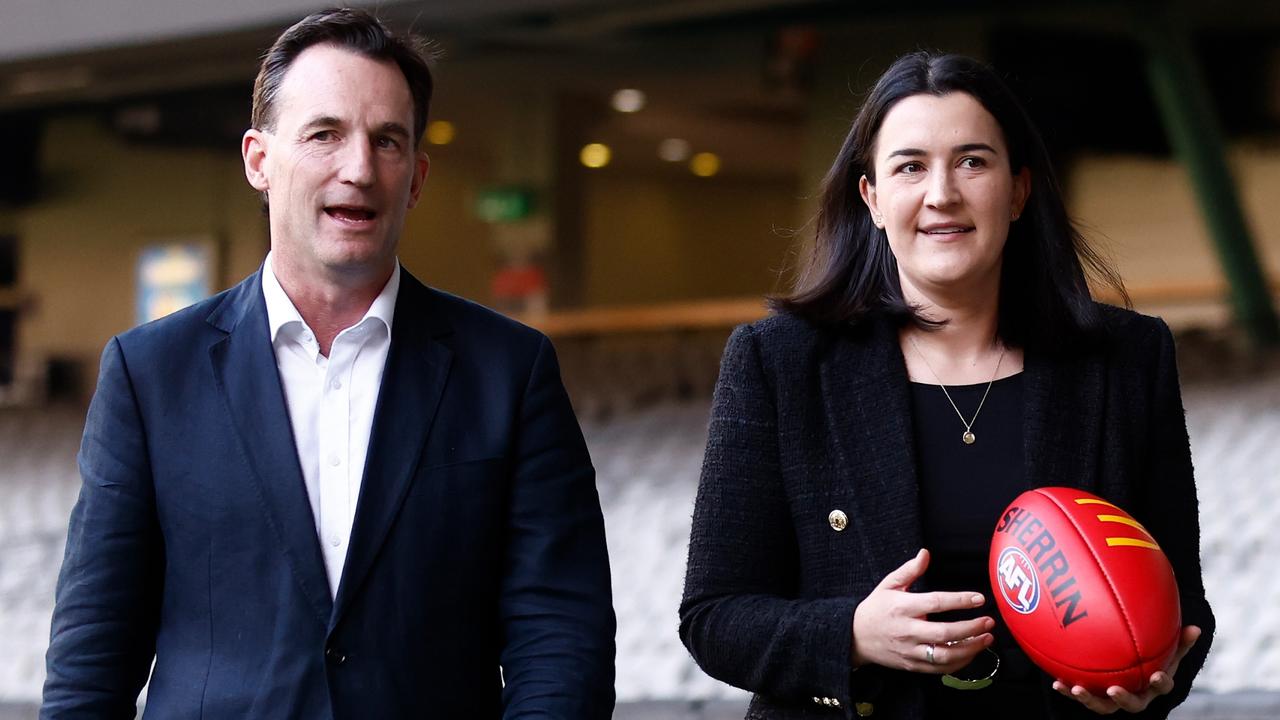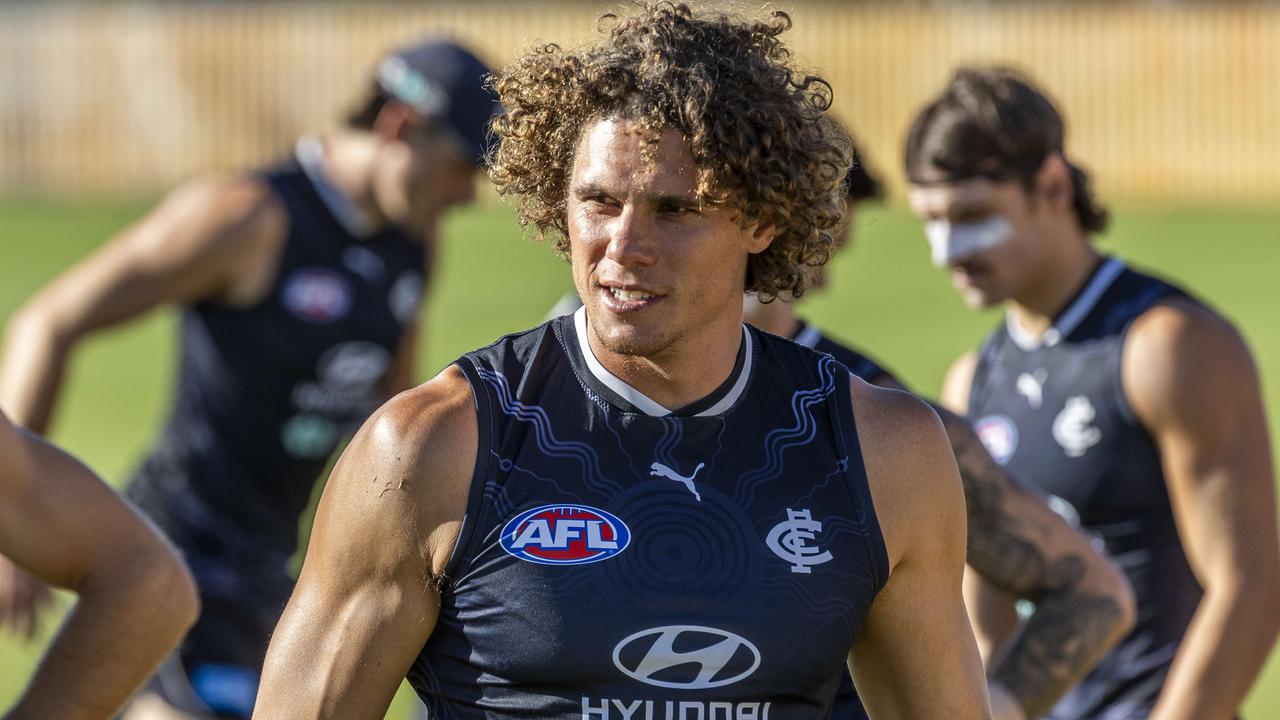Players can only deliver if front office works
Rugby union must get its administration and coaching right before the players can deliver for fans and sponsors.
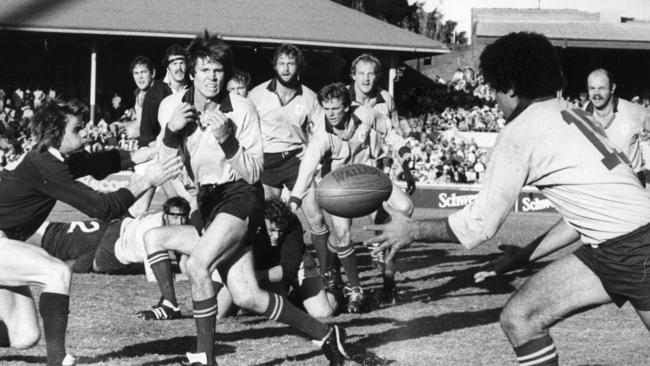
In 1982 former Wallaby forward Peter Crittle was promoted to the NSW coaching job and the bubbling Peter Fenton was appointed as the new Sydney coach.
An award-winning sound mixer, Fenton had worked on outstanding Australian feature films such as Phar Lap, Gallipoli and My Brilliant Career.
Despite his arty background he was a knockabout character and definitely a players’ coach having played more than 300 games in Parramatta’s lower grades as a fullback.
I was, along with my brothers Glen and Gary, delighted when Fenno got the job and they could not have chosen a better man because even when he was coaching Parramatta he wouldn’t hesitate to give us some sound advice.
Thankfully Fenton appreciated the comical side of the Ellas’ nature and was more likely to become involved in our antics at training than most other coaches.
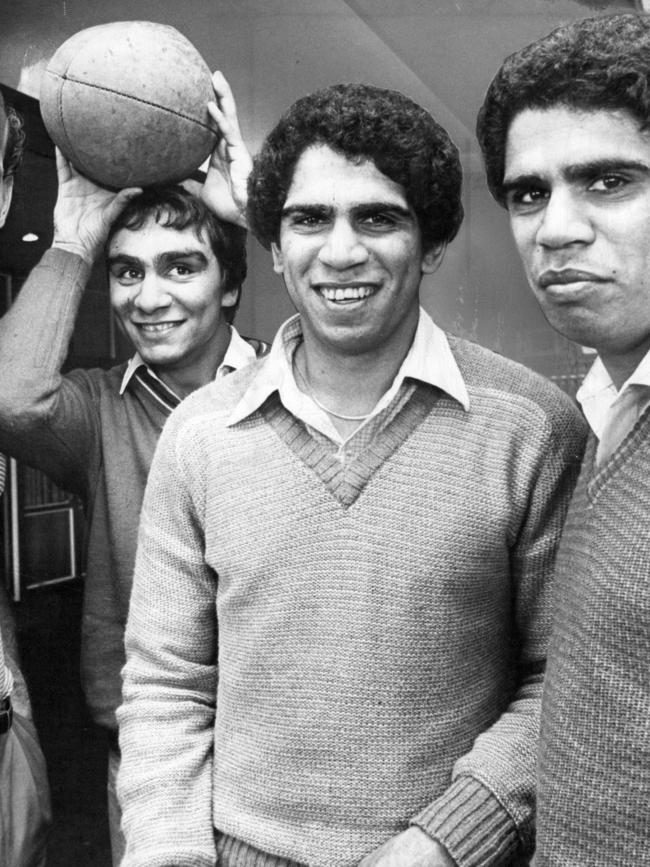
But even Fenton could be exasperated at times by the impish twins, Glen and I.
According to Fenton: “I rarely see the Ella twins at pre-season training. Mark always has a lot of terrific excuses and he runs his own race. One night they didn’t turn up for training and I later found out that they had been at the SCG watching the cricket.
“Mark trains quite well once he gets into it but Glen is a dreadful trainer, he doesn’t do anything.
“Gary is easily the best trainer of the three and I don’t know if that is because he has a better attitude or because his position in the team is not as secure.
“But as soon as they arrived at training they all wanted to know what time the session is going to finish and they were constantly looking at their watches from 7.30pm onwards.”
The new Sydney coach had a high opinion of Glen’s ability but considered his attitude was impeding his progress with Fenton believing that Glen had reached the crunch period of his career.
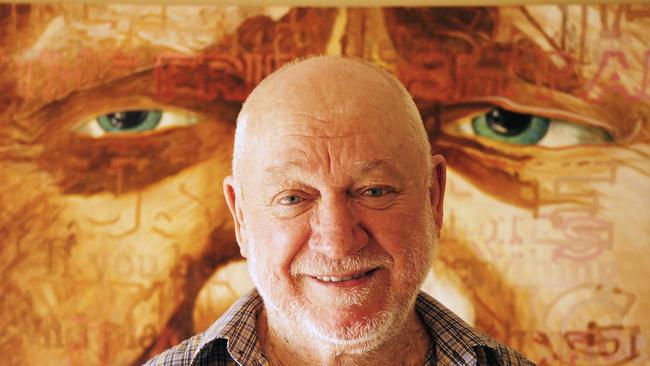
Fenton warned Glen he would have to improve his training habits if he wanted to succeed. He also referred to the presence of young Western Suburbs fullback, Chris Stephandellis, who had earned his place in the squad with some exciting displays.
From my perspective Glen seemed to agree with the coach’s comments and promised he would try harder in the future. Fenton then left him with the backs while he took the forwards for a scrummaging session.
When Fenton came back to check on the backs he almost stumbled over Glen who was lying in the middle of the field chewing on a blade of grass.
Fenton demanded an explanation and Glen casually replied, “I’m just giving Stephandellis a bit of a go. You have to make the new guys feel at home and you’re right Fenno, he is a good player.”
At the same time, the Sydney Rugby Union appointed sports promoter, Ken Elphick, to the position of executive director with the main objective to create a greater awareness of the game by publicising and marketing rugby in Sydney, as well as projecting the players as personalities in the sporting industry.
Elphick associated the SRU with the John Fairfax and Sons group of newspapers in a series of advertising campaigns.
The advertisements included notable sporting personalities such as Dennis Lillee, Evonne Goolagong and rugby league’s Ray Price.
Glen, Gary and I were the focus of the SRU’s campaign and our photographs appeared regularly in the Fairfax papers as well as television commercials, which was a novelty in the amateur days.
The saturation exposure resulted in the three of us asking the SRU to withdraw us from the promotions because we considered ourselves to have been a gimmick.
We also felt there were other players in the team who did not receive recognition or publicity and that the spotlight on us was not fair to them. That said the attendance figures at representative games increased by 30 per cent with sponsorship increasing from $18,000 in 1979 to $250,000 in 1982.
This was a direct result of the standard and style the Sydney team played in the amateur days. It is an example of why modern rugby is struggling.
Get your coaches and administration up to standard. Earn the respect of both fans and sponsors by getting your players up to a level where they are skilled and creative. Do that and who knows, the game might resurrect itself from the doldrums it dwells in now.

